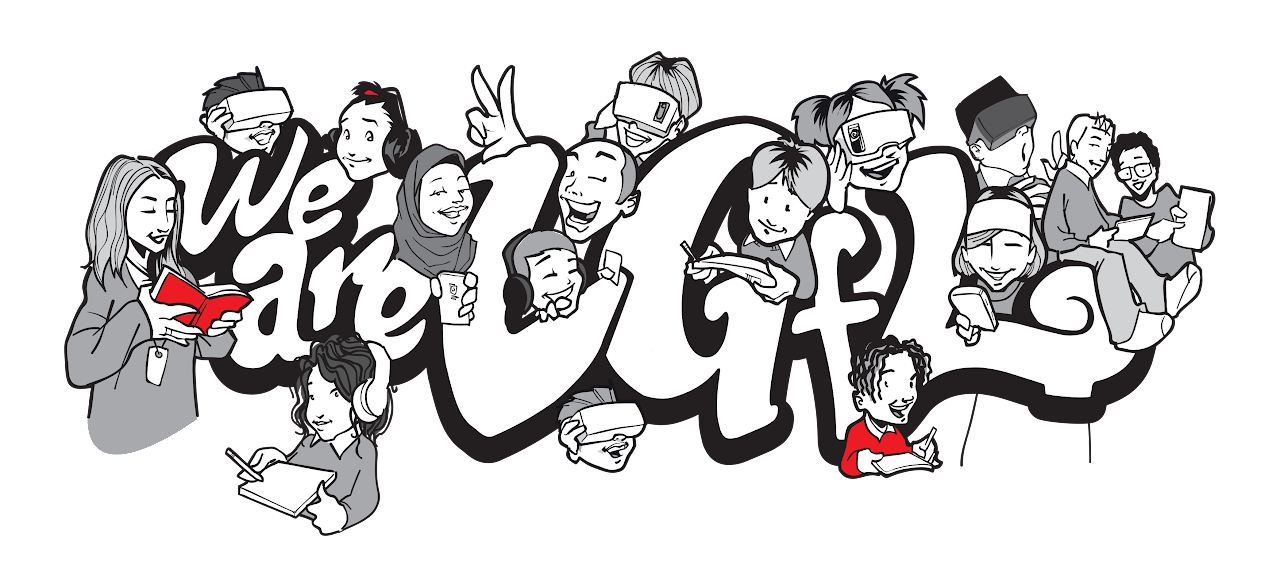Dyslexia
Maths and number support
Many dyslexic learners find maths just as challenging as English.
Dyslexia can occur in association with dyscalculia. However, it should not be assumed that all dyslexics have problems with mathematics, although the percentage may be very high, or that all dyscalculics have difficulties with reading and writing.
Dyscalculia definition
Dyscalculia is a specific and persistent difficulty in understanding numbers, which can lead to a diverse range of challenges with mathematics and occurs across all ages and abilities.
Signs of dyscalculia
A person with dyscalculia/mathematical learning difficulties may:
Have difficulty when counting backward.
Have a poor sense of numbers and estimation.
Have difficulty in remembering ‘basic’ facts, despite many hours of practice/rote learning.
Have no strategies to compensate for lack of recall, other than counting.
Have difficulty in understanding place value and the role of zero in the Arabic/Hindu number system.
Have no sense of whether any obtained answers are right or nearly right.
Be slower to perform calculations. (Therefore, give fewer examples, rather than more time).
Forget mathematical procedures, especially as they become more complex, for example , ‘long’ division. Addition is often the default operation. The other operations are usually very poorly executed (or avoided altogether).
Avoid tasks perceived as complex and likely to result in a wrong answer.
Have weak mental arithmetic skills.
Have high levels of mathematics anxiety.
Diagnosis
Dyscalculia is challenging to identify via a single diagnostic test. Diagnosis and assessment should use a range of measures, and a test protocol, to determine which factors are creating problems for the learner. Although online tests can be of help, understanding the difficulties will be better achieved by an individual person-to-person diagnostic, clinical interview.
Arran Smith discusses dyscalculia and neurodiversity
The Number Box is a multi-sensory teaching program and maths resource.
It was designed for those children who struggle with maths for one of several reasons:
Dyslexic children find sequential skills, organisation, and spatial operations in maths more challenging, and require resources and patient teaching.
Children with receptive and expressive language difficulties may take longer to understand and use the complex maths vocabulary.
Dyscalculic children have great difficulty understanding the concept of numbers and may stay working with the resources and program of The Number Box for an extended time.



